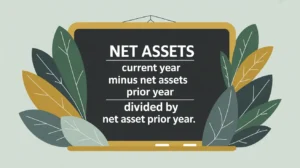Importance of Notes to the Financial Statements
Notes to the financial statements provide the narrative context and detailed explanations behind the numbers in financial reports. This matters because numbers alone can be misleading without clarity on accounting policies, assumptions, and specific transactions. For nonprofits in social innovation and international development, notes reveal how grants, restrictions, and program activities are treated in the accounts. Boards, donors, and regulators value them because they enhance transparency and help interpret the financial position accurately.
Definition and Features
Notes to the financial statements are defined as supplementary disclosures that accompany audited or unaudited financial statements, explaining accounting methods, significant policies, and key details of financial line items. Key features include:
- Accounting Policies: basis of preparation, depreciation methods, and revenue recognition.
- Breakdowns: detail on restricted vs. unrestricted net assets, program vs. support expenses.
- Contingencies: disclosure of pending litigation, guarantees, or commitments.
- Related Parties: transactions with board members, affiliates, or subsidiaries.
Notes differ from financial statements because they provide qualitative explanations rather than only quantitative results.
How This Works in Practice
In practice, nonprofits include notes with their audited financial statements. For example, a nonprofit receiving multi-year grants may explain how conditional pledges are recognized as revenue only when conditions are met. Finance teams work with auditors to draft clear disclosures, which are reviewed and approved by boards before release. Donors and regulators often analyze notes closely to assess compliance with restrictions and accounting standards.
Implications for Social Innovation
For nonprofits in social innovation and international development, notes to the financial statements provide essential clarity for funders and stakeholders. Transparent disclosures reduce information asymmetry by explaining how resources are classified, allocated, and managed. Donors value organizations that provide detailed, honest notes, as they signal professionalism and accountability. By prioritizing comprehensive and accessible notes, nonprofits strengthen trust, improve comparability, and reinforce the integrity of their systemic change efforts.







